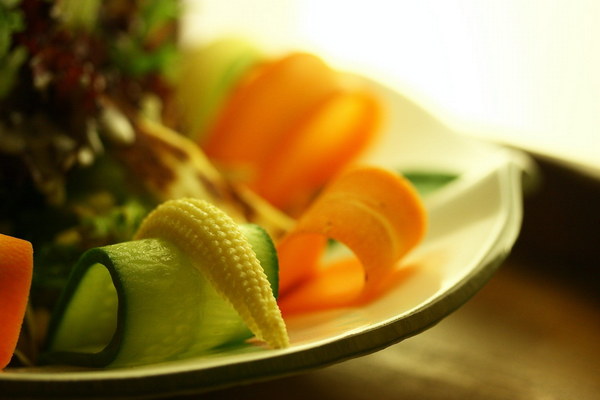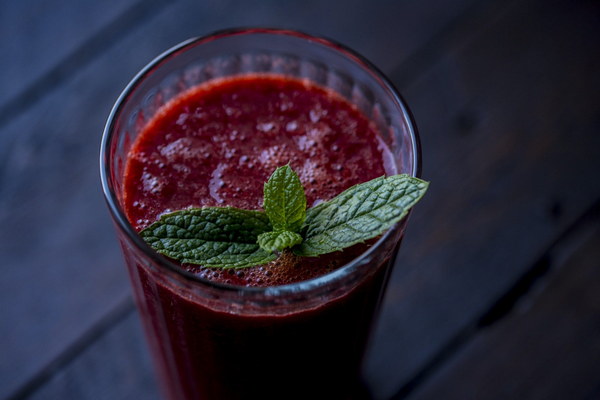Hydration for Toddlers Essential Tips for Keeping Little Ones Well-Nourished
Hydration is a vital aspect of a child's health, especially for toddlers who are still in the process of developing their bodies and minds. Ensuring that your little one stays well-hydrated can have numerous benefits, from maintaining healthy skin to supporting cognitive development. In this article, we will discuss the importance of hydration for toddlers and provide essential tips for keeping them well-nourished.
The Importance of Hydration for Toddlers
1. Promotes healthy skin: Adequate hydration helps to keep the skin supple and elastic, reducing the appearance of dryness and eczema.
2. Supports digestion: Proper hydration aids in the digestion process, helping to prevent constipation and other gastrointestinal issues.
3. Enhances cognitive development: Water plays a crucial role in the brain's function, so staying hydrated can support a child's ability to learn, think, and concentrate.
4. Regulates body temperature: Hydration helps to regulate body temperature, which is especially important during hot weather or vigorous play.
5. Boosts the immune system: Proper hydration can strengthen the immune system, making it easier for your toddler to fight off infections.
Tips for Keeping Toddlers Hydrated
1. Offer water throughout the day: Toddlers should have access to water throughout the day, not just at mealtime. Encourage them to sip water from a cup or sippy bottle, and make it a fun activity by adding fruit slices or ice cubes.
2. Choose the right beverage: Avoid sugary drinks and juice, as they can be dehydrating and contribute to tooth decay. Opt for water, milk, or unsweetened beverages instead.

3. Incorporate hydration-rich foods: Fruits and vegetables contain high levels of water and can contribute to your toddler's daily hydration needs. Encourage them to eat a variety of fruits and vegetables throughout the day.
4. Set a good example: Children learn by watching their parents, so make sure you're staying hydrated too. Drink water and other healthy beverages in front of your toddler to encourage them to do the same.
5. Use fun methods to encourage hydration: Make hydration fun for your toddler by using colorful cups, straws, or fun-shaped ice cubes. You can also create a hydration chart and reward them for reaching their daily goal.
6. Be aware of signs of dehydration: Keep an eye out for signs of dehydration, such as increased thirst, dry mouth, and infrequent urination. If you suspect your toddler is dehydrated, offer water or a hydrating beverage and consult with your pediatrician if necessary.
7. Adjust for different situations: Toddlers may need extra hydration during hot weather, when they're sick, or if they're participating in physical activities. Adjust their fluid intake accordingly.
Conclusion
Hydration is a critical aspect of a toddler's health and well-being. By following these tips and being mindful of your child's hydration needs, you can help ensure they stay healthy, active, and happy. Remember, a well-hydrated toddler is more likely to thrive in all aspects of their life.









